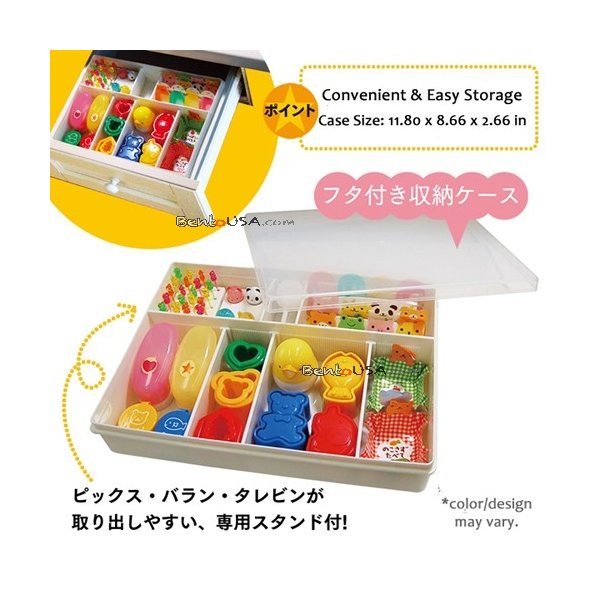My friend, Elizabeth, raised an interesting question. It was such a good one that I thought I'd just let it be the focus of today's post.
Here's her question in case you missed it:
"Lana, we were recently on a plane trip with a single mom whose two-year old son was completely and utterly out of control on the plane.
I have a question for you, and I know you can't answer for everyone, but I'd be interested in your input:
I desperately wanted to ask the mom if I could help (hold him and walk him up and down the aisle, play with him to distract him, something!) but I did not follow through on my urges. Had I been sitting directly next to her or in front or behind, I absolutely would have (I think). (I was a couple rows back and across the aisle.)
How do you think you would respond if a stranger offered you help (not judgement or advice)? Is it even MORE embarrassing and/or contributes to the problem, or, do you think it's a welcomed response?
I ask, I guess, because for those of us who do not have special needs kids, we don't always understand; we may judge, and assume the parent(s) can't or won't control their kids (whether special needs or not), and we need help in knowing how to best respond in that type of situation. Offer help? Or just stay the heck outta the way?
What do you think?"
Just as Elizabeth stated in her question, I obviously can't answer for everyone. But I'm going to give you my opinion because you know I have one!
But before I get started, I need to let you know that my friend Elizabeth is wonderful. She is helpful, sweet, friendly, and an all-around genuinely nice person. I am in no way referring to her or her actions as I am answering this question. Her question opens a dialogue and communication is how we learn to better help each other. So cheers to Elizabeth for truly wanting to learn more about the special needs community because as we know, awareness is key.
Let's get started!
But before I get started, I need to let you know that my friend Elizabeth is wonderful. She is helpful, sweet, friendly, and an all-around genuinely nice person. I am in no way referring to her or her actions as I am answering this question. Her question opens a dialogue and communication is how we learn to better help each other. So cheers to Elizabeth for truly wanting to learn more about the special needs community because as we know, awareness is key.
Let's get started!
I don't believe you can ever go wrong by simply making a kind offer of assistance.
But here's the key:
Speak to the parent and not the child. Make your offer short, sweet, and simple. Make it good for the duration of the flight. (I don't mean you have to babysit the whole flight - see the example below) And do not try to engage in conversation. The parent is distracted enough and cannot focus on both her child and you.
This is what I would NOT do:
"Little boy, didn't your mommy teach you that big boys don't cry? And that it's not nice to yell around other people? You are wearing your mother out. If you stop making such a fuss, I'll give you some gum."
You may think you're sticking up for the mom but this approach really doesn't help anyone. And it's never smart to offer kids any food items at all without asking the parent's permission first.
Here's what I WOULD do:
A child is crying without ceasing on a flight and just seems to be unable to calm down. I would approach the parent and say, "Hi. I wanted you to know that I am happy to help you out in any way I can if that would be helpful for you. I have an iPad that I could use for watching Mickey Mouse with your child or I can walk him up and down the aisle of the plane for a few minutes, whatever you think might work. If now's not a good time, I'm in seat 13B. Just feel free to come get me. I'll check back in a few minutes to see how you're doing."
Here's what that tells the parent whose child is wigging out:
1 - There is at least one person on this plane who doesn't hate me and my child.
2 - While I may not take him up on it, I really do appreciate the fact that he did something rather just rolling his eyes and heavily sighing like everyone else around me.
3 - There are still some nice people in the world.
4 - I was ready to put my head down and cry alongside my child but now I can keep going just a little bit longer because I feel like I have an ally.
Again, the parent may or may not accept your offer. That's not really the point, to my way of thinking. The issue is letting that parent know that you have been right where they are, you remember what it's like to travel with small children and how unpredictable their behavior can be, and while you're willing to help, you also want them to know it's OK.
And I think that is just a nice thing to do for anyone with children, special needs or not.
Now with a special needs kiddo, odds are good that you'll get turned down in the actual handling of the child, unless you happen to be a therapist or special ed teacher or something super nifty like that and you swoop in to save the day for which the parents (and everyone else on the plane!) will be eternally grateful.
But you might be able to help by getting a bottled water out of a bag or refilling a sippie cup with juice or starting a DVD while the parent is holding the child to calm him. Those things are just as helpful, if not more so, because while Lily might question a stranger holding her, she doesn't care in the least who gives her a bag of pretzels. Actually, Lily probably wouldn't care if a stranger held her but that's my child's personality. Lily might have a tantrum in an airport and there might not be a dang thing you can do to help me. But by simply making the offer, you have helped me more just by being nice to me than actually doing any task.
Bottom line is this - if you offer help in a kind and non-judgmental manner and a parent gets mad at you and tells you to mind your own business, they are the one with the problem, not you.
Sometimes, I think we worry so much about offending that it prevents us from doing some really nice stuff for people.
And I, for one, like it when people do nice stuff for me. And I like doing nice stuff for people. And I don't want to not do something nice for someone simply because I'm fearful of their response.
Remember that bumper sticker you used to see so much that said "Practice Random Acts of Kindness and Senseless Beauty"? Well, I'm not so much concerned with the senseless beauty part. But let's make a pact, OK?
Let's be kind.
To people we love.
To people we don't know.
We are responsible for our behavior - not anyone else's.
So let's just be kind.








































